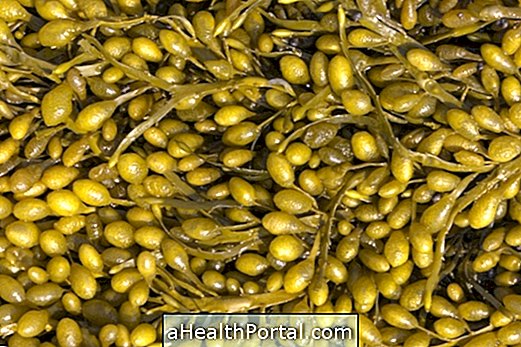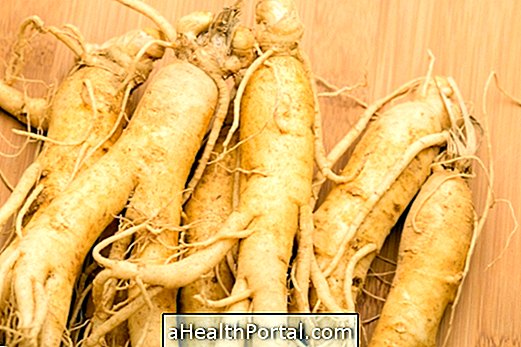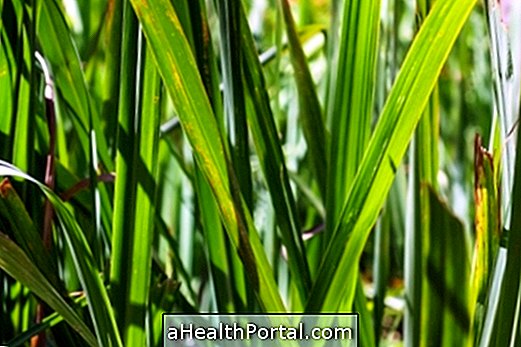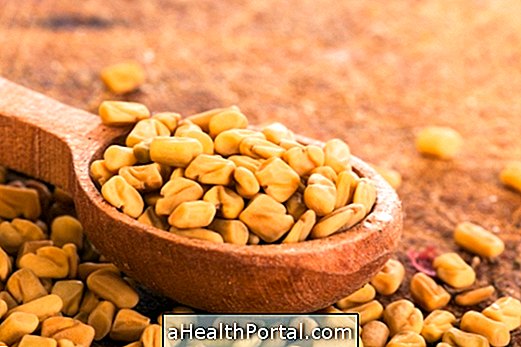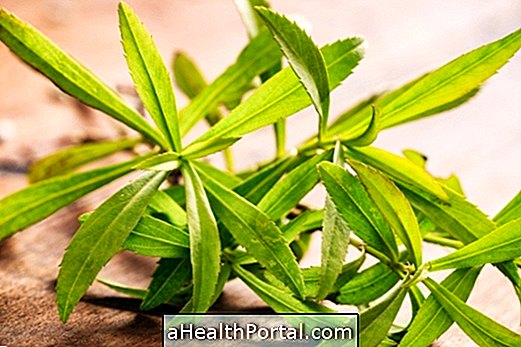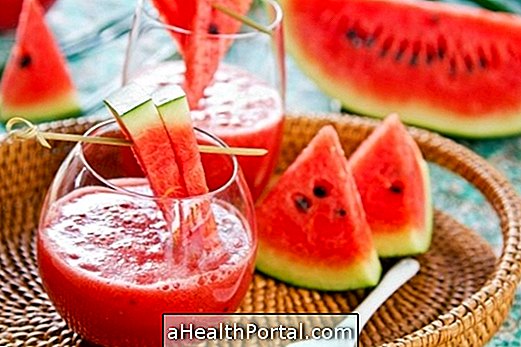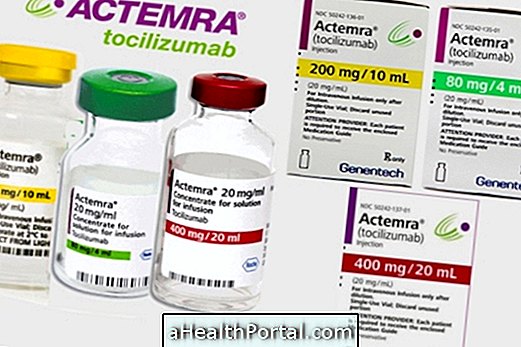Salsa, also known as parsley, parsley, parsley or parsley, is a medicinal plant widely used in the treatment of kidney diseases such as urinary tract infection and kidney stones, and in the treatment of problems such as gas bowel movements, constipation and fluid retention.
Both their leaves and their seeds and roots are used to make natural remedies, and can be used as a seasoning in cooking.
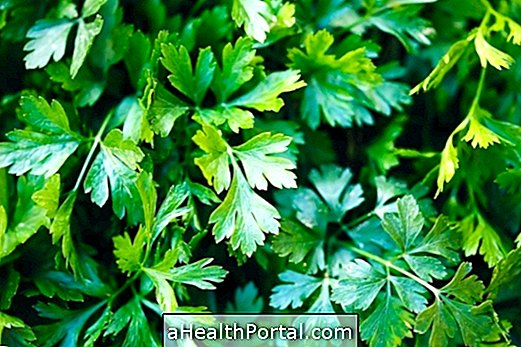
Regular consumption of parsley brings the following health benefits:
- Prevent cancer by activating glutathione, a potent antioxidant in the body;
- Preventing colds and premature aging by being rich in antioxidants like essential oils, vitamin C and flavonoids, especially luteolin;
- Strengthen the immune system by being rich in vitamin C and having antibacterial properties;
- Prevent anemia, being rich in iron and folic acid;
- Combat the retention of liquids, for being diuretic;
- Prevent and fight kidney stones by stimulating the elimination of fluids and helping to cleanse the kidneys;
- Prevent heart disease, such as atherosclerosis, by being rich in antioxidants;
- Help control diabetes ;
- Prevent thrombosis and stroke by preventing clots from forming in the blood;
- Improve skin health and digestion due to its high antioxidant content;
- Control hypertension, because it is diuretic;
- Combat urinary tract infection by having antibacterial and diuretic action.
To use in the kitchen, one should choose fresh parsley with very firm green leaves or dehydrated parsley, preferably organic, so that it will have more benefits. Here's how to use other herbs to reduce salt from meals.
Nutritional information
The following table gives nutritional information for 100 g of parsley.
| Quantity: 100 g raw parsley | |
| Energy: | 33 kcal |
| Carbohydrate: | 5.7 g |
| Proteins: | 3.3 g |
| Fat: | 0.6 g |
| Fibers: | 1.9 g |
| Calcium: | 179 mg |
| Magnesium: | 21 mg |
| Iron: | 3.2 mg |
| Zinc: | 1.3 mg |
| Vitamin C: | 51.7 mg |
The best way to make fresh parsley last longer is to wash it just before using it as the moist leaves in the refrigerator tend to darken and rot more quickly. Another tip is to store fresh parsley in the refrigerator in an enclosed container and, to make the leaves last longer, place a napkin or sheet of paper towel over the parsley to absorb moisture and maintain the freshness of the leaves longer. See more tips in: How to freeze the parsley so you do not lose the nutrients
Salsa Tea for the Kidneys

Salsa tea can be used to help fight urinary tract infection, kidney stones and control hypertension.
To prepare the tea, you should put 1 teaspoon of dehydrated parsley or 3 tablespoons of fresh parsley in 250 ml of boiling water and let stand for 10 minutes. Strain and drink up to 3 cups a day. It is important to remember that parsley tea is contraindicated for pregnant women.
Green Juice of Salsa for the Skin

The green juice made with parsley is rich in antioxidants that help keep the skin young and healthy and that fight the retention of fluids, helping in diets to lose weight.
Ingredients:
- 1/2 cup of parsley
- 1 orange
- 1/2 apple
- 1/2 cucumber
- 1 glass of coconut water
How to prepare: beat all the ingredients in the blender and drink without adding sugar and uncooked.
Contraindications of Salsa
Parsley should not be consumed by people with kidney problems or who have had surgery for less than 1 month, and their tea or juice should not be taken by pregnant or breastfeeding women.
See more home remedy tips for kidney stones.

